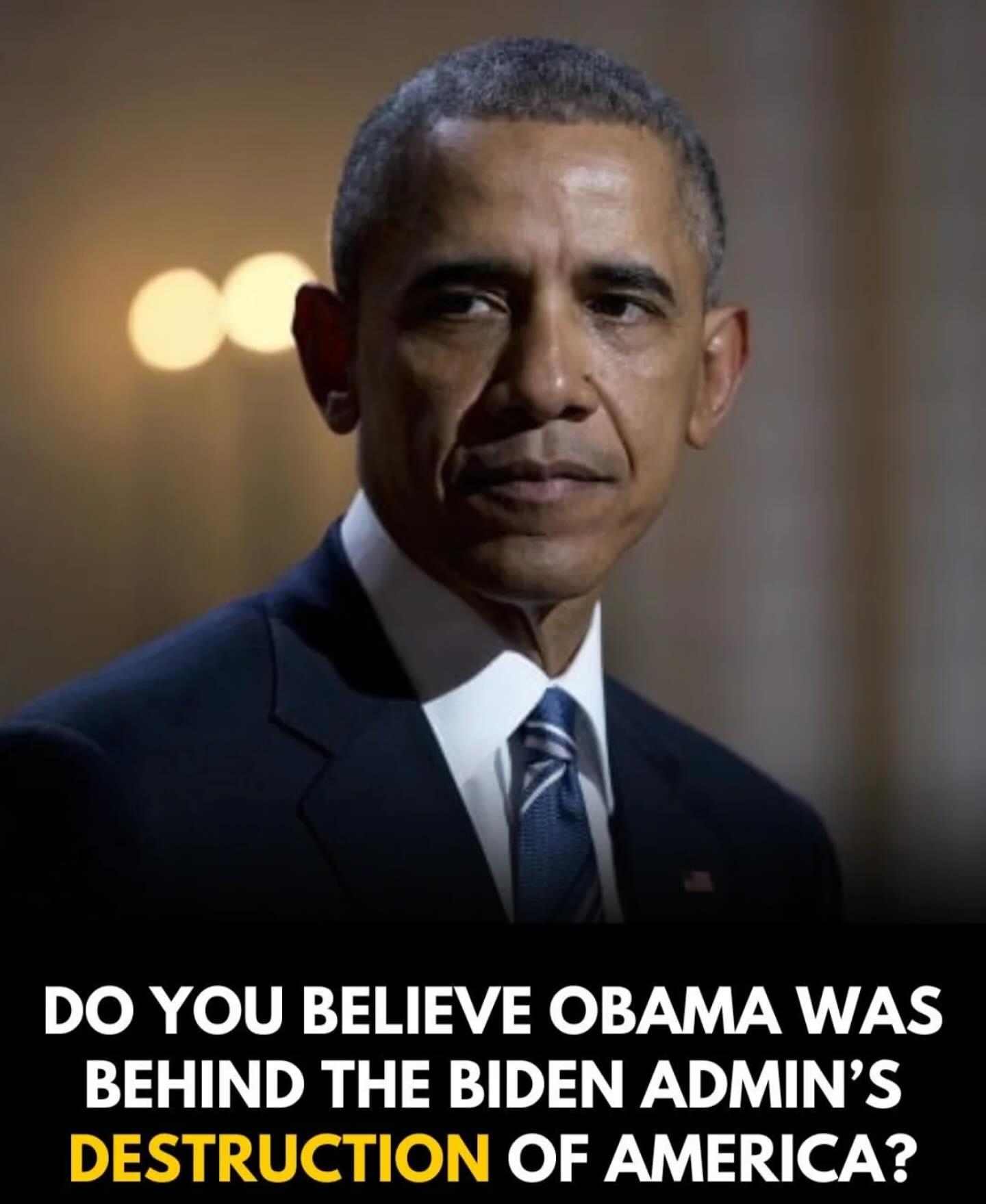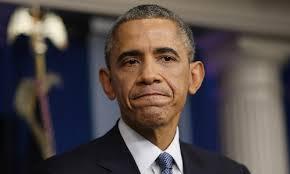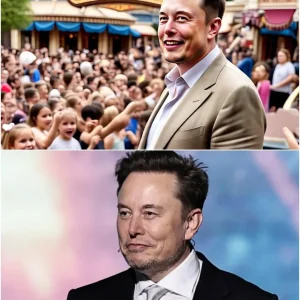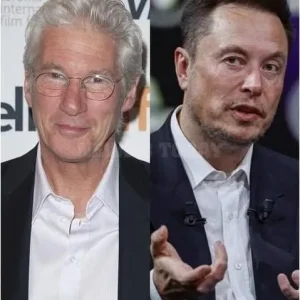The idea that former President Barack Obama is behind the actions of the Biden administration is a notion that has gained traction among certain circles in American politics. As President Joe Biden’s administration continues to face criticism from both political opponents and commentators, there are those who argue that the former president’s influence has played a crucial role in shaping policies that have led to what some perceive as the “destruction” of America. But how much truth is there to these claims? Are Obama’s policies still lingering in the Biden administration, or is the current criticism a result of other factors?

To understand this argument, it’s important to first look at the political climate in which President Obama served. Obama’s presidency was marked by significant changes in domestic and foreign policy, including the Affordable Care Act, financial regulation reforms, and a focus on combating climate change. His policies were often seen as a push toward progressive ideals, advocating for social justice, inclusivity, and government intervention in economic systems to ensure fairness. However, many of these policies faced fierce opposition from conservatives, who believed that Obama’s vision for America was leading the country toward a more centralized government with too much influence over the private sector.
During Obama’s tenure, there was already growing polarization within American politics. His legacy, while celebrated by many of his supporters, was also deeply divisive, particularly in the years following the Great Recession. As the 2020 election approached, the Biden campaign was viewed as a continuation of Obama’s policies, with Biden being a former vice president under Obama. Many expected that Biden, a moderate Democrat, would steer the nation in a direction similar to Obama’s vision, but with some adjustments to appease more centrist and conservative factions of the country.
Now, with the Biden administration in full swing, critics on the right have drawn parallels between Obama’s policies and the current administration’s actions. Some believe that Biden, despite his moderate persona, is simply a puppet for Obama, whose influence still looms large over American politics. These critics point to several key areas where they believe Obama’s influence is at play, such as the administration’s approach to foreign policy, economic stimulus efforts, and social programs.
One of the most frequently cited areas of concern is the Biden administration’s handling of the economy. Critics argue that the massive spending packages passed under Biden, including the American Rescue Plan and the infrastructure bill, echo Obama-era policies aimed at expanding government intervention in the economy. Many conservatives argue that these policies are pushing America toward a socialized economy, reminiscent of the economic theories championed by Obama during his presidency. With inflation reaching levels not seen in decades and the national debt continuing to rise, some claim that Obama’s economic approach is responsible for the current state of the country’s financial troubles.
Similarly, the Biden administration’s handling of climate change and environmental policies has been seen by some as a direct continuation of Obama’s vision. Obama’s aggressive stance on climate change, including his push for renewable energy and environmental regulations, has been expanded under Biden, with the administration rejoining the Paris Agreement and pushing for even more stringent carbon emissions targets. Critics argue that these policies are harmful to American industries and the economy, claiming that the focus on green energy comes at the expense of jobs in the oil, gas, and coal sectors.
Another area where critics point to Obama’s influence is in the realm of foreign policy. While Obama’s foreign policy was marked by a focus on diplomacy, multilateralism, and de-escalation of military conflicts, some of Biden’s actions have drawn comparisons to Obama’s policies, particularly in the Middle East and with China. Biden’s decision to withdraw American troops from Afghanistan, for example, has been criticized as a repeat of Obama’s drawdown from Iraq. The chaotic exit from Afghanistan, which left the country in the hands of the Taliban, has been called a failure of Obama-era foreign policy thinking, which emphasized disengagement from prolonged military conflicts.
However, there are others who argue that attributing the issues facing America today solely to Obama’s influence is misguided. They point out that while Biden may have been vice president under Obama, he is his own president with his own team of advisors and policies. The challenges faced by the Biden administration are not necessarily the result of Obama pulling the strings from behind the scenes but rather the product of a complex political environment, a pandemic, and global economic shifts.
Supporters of the Biden administration argue that the president’s policies, while similar to Obama’s in some respects, are meant to address the unique challenges of today’s world. They contend that the economic stimulus packages are necessary to combat the effects of the COVID-19 pandemic and that climate change remains an urgent issue that requires immediate action. Furthermore, they argue that Biden’s foreign policy is focused on restoring America’s role in the world after the tumultuous years of the Trump administration, with an emphasis on diplomacy and rebuilding alliances.

In the end, the claim that Obama is behind the destruction of America under Biden’s administration reflects a broader political narrative of blame and partisanship. It is an oversimplification to place the responsibility for the challenges of the Biden administration squarely on Obama’s shoulders. The issues facing America today are multifaceted, and while there may be some continuity between the Obama and Biden administrations, the factors contributing to the current state of affairs are far more complex than any one individual or administration. Ultimately, the question of whether Obama’s influence is to blame for the current state of America is less about Obama himself and more about the ongoing political divide that shapes American discourse.






